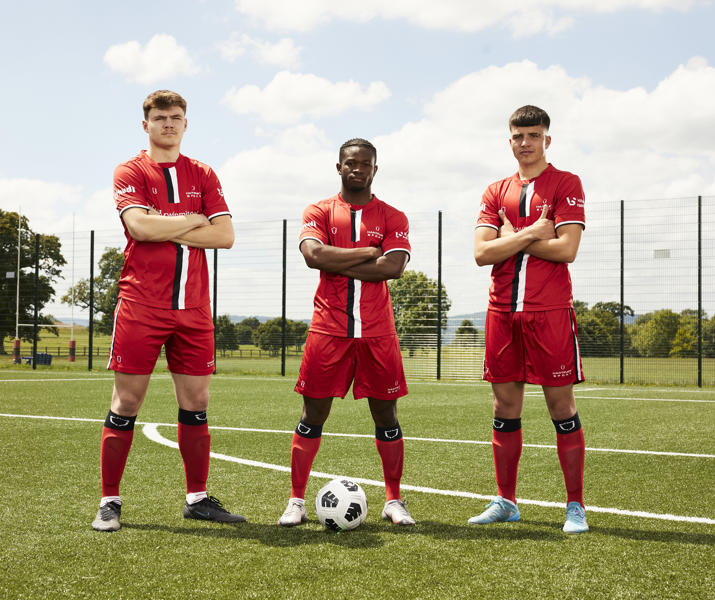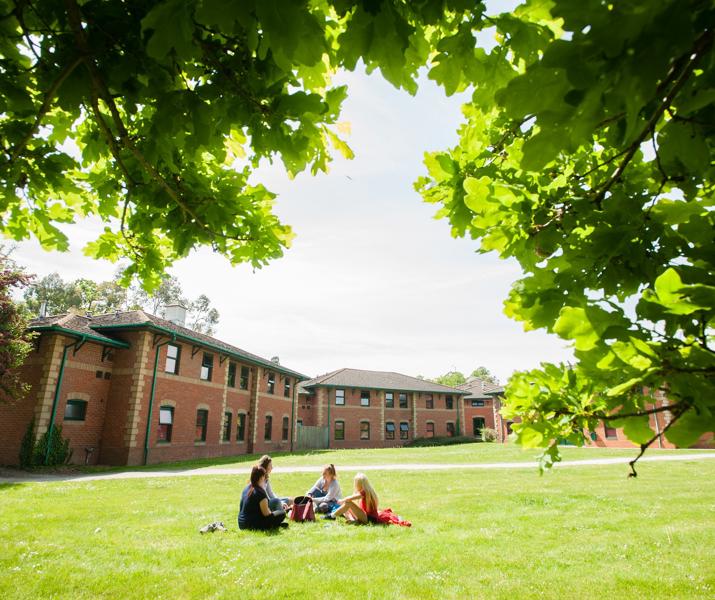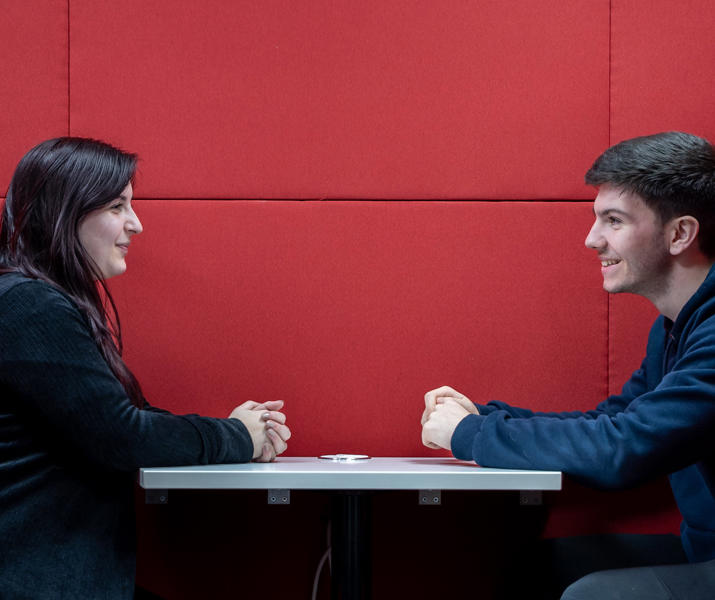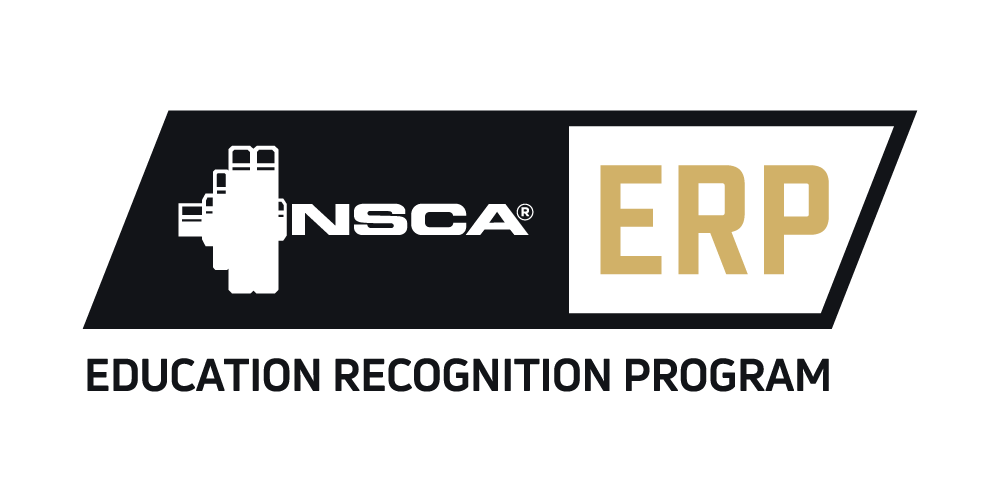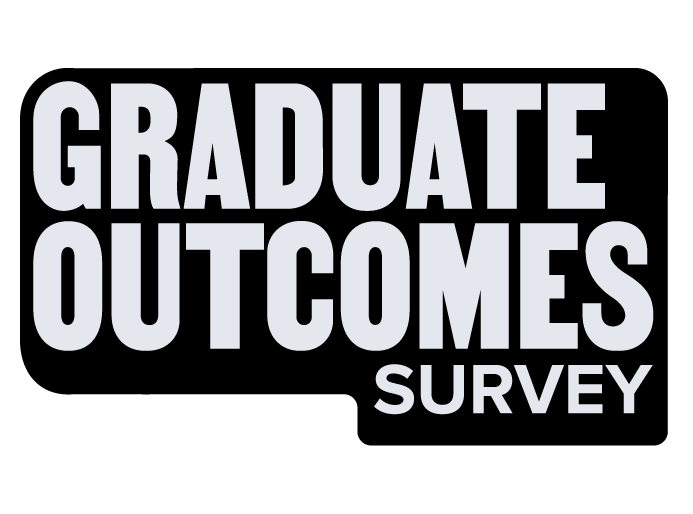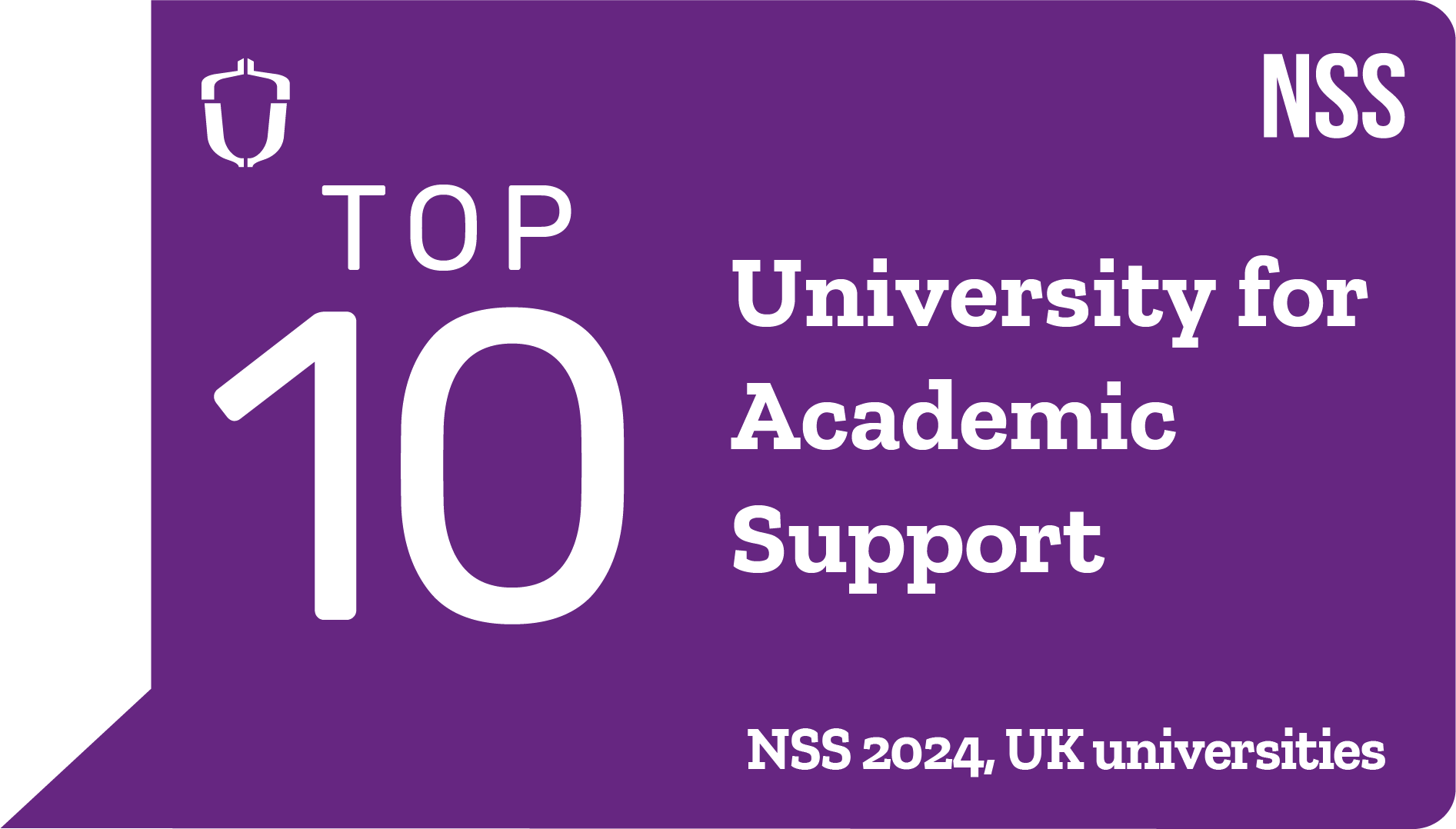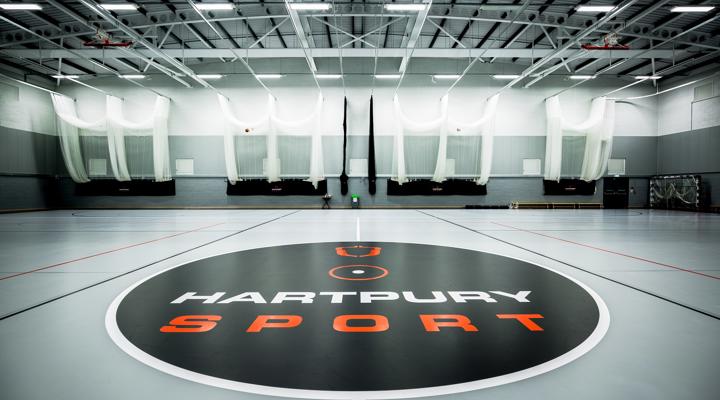You’ll have opportunities for placements and work experience through our performance sports academies, as well as our close industry connections locally and nationally. You could work with the likes of Gloucester Rugby and West Bromwich Albion Football Club, as well as a host of local schools and clubs.
Work alongside industry experts and practitioners, covering specialist strength and conditioning modules giving you the knowledge to prepare athletes for performance in various sporting contexts. You’ll also have access to coaches, nutritionists, and therapists, enabling you to gain knowledge and develop a skillset readying you to work in a professional, multidisciplinary environment when you graduate.
The programme follows the UK Strength and Conditioning Association (UKSCA) and the National Strength and Conditioning Association (NSCA) quality standards. You'll develop essential strength and conditioning knowledge, as well as learning about the other fundamental sports science disciplines including physiology, anatomy, sport psychology and biomechanics.
Make the most of our biomechanics and exercise physiology laboratories to get hands-on experience, developing your skills by undertaking analysis and assessing performance of different athletes.
CIMSPA-endorsement
This course is endorsed by the Chartered Institute for the Management of Sport and Physical Activity (CIMSPA). On successful completion of the course you’ll hold the professional position of ‘Graduate Strength and Conditioning Coach’. Student CIMSPA membership fees are funded by us throughout your studies, providing you with career advice and further learning opportunities. Once you obtain the ‘Graduate Strength and Conditioning Coach’ title you’ll then need to enter into a professional membership with CIMSPA in order to maintain the qualification.
NSCA-endorsement
This programme is endorsed by the National Strength and Conditioning Association, ensuring that everything you're taught is industry-aligned, while providing you with a good platform to take the CSCS exam and adding to your overall employability.
UCAS tariff points | 32-48 UCAS tariff points.
A Levels | EE-DD or equivalent from at least one full A Level.
Vocational Awards | PPP in an Extended Diploma.
Access | 32-48 UCAS tariff points in an Access to Higher Education Diploma.
International Baccalaureate | 32-48 UCAS tariff points in an IB Diploma, to include one Higher at H3 or above.
Scottish Highers | 32-48 UCAS tariff points from at least one Higher. You must have completed two years study at Higher Level.
Irish Leaving Certificate | 32-48 UCAS tariff points from at least one Higher.
T Level | An overall grade of Pass.
Additional Information
In addition to the above, we require a minimum of five GCSEs at grade 9-4 (A*-C), to include English and Maths. We will consider equivalencies including but not limited to functional skills level 2, Irish Ordinary level, National 5s, IB standard level.
We will consider combinations of level three qualifications.
We welcome applications from individuals with equivalent, non-UK qualifications and mature students (over 21). We may interview as part of the application process.
Email us
Your support network
You'll benefit from a strong support network from day one to be the best you can be. This will range from your personal tutor and specialist academic support team (our Achievement and Success Centre) to dedicated wellbeing and employability (Innovation, Careers and Enterprise) centres.
Academic support
You’ll have your own personal tutor while you’re here who will support you to succeed in your studies. You’ll also have access to our academic and wellbeing support teams who run regular workshops and one-to-one sessions on campus and online.
Alongside this, we have a comprehensive bank of online study skills resources to help you make the most of your qualification.
Your learning experiences
You'll experience a range of teaching methods to strengthen your digestion of topics, including lectures, workshops and practical sessions, as well as supported work placement learning as part of many courses.
Your career
Each year of your course will be made up of two semesters, within which you’ll study compulsory and optional modules on different industry-focused topics, enabling you to develop your own unique portfolio of knowledge, skills and experience, ready for your career. The course is taught in English.


